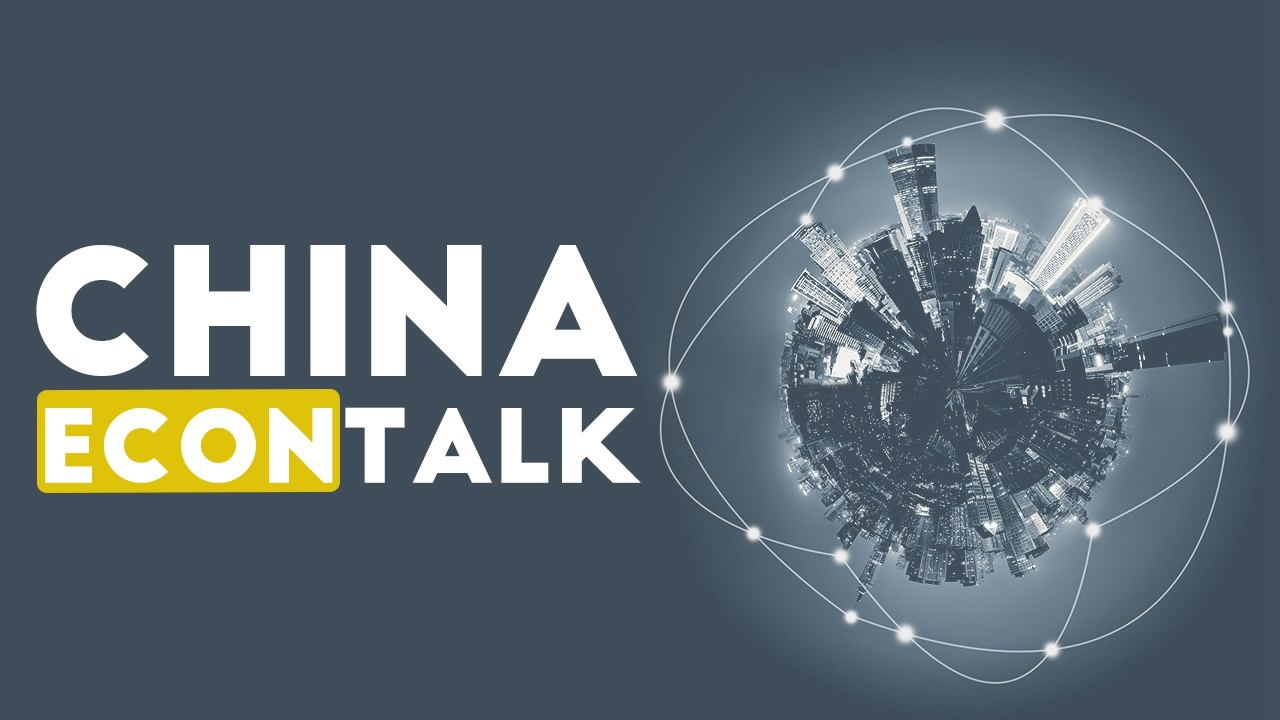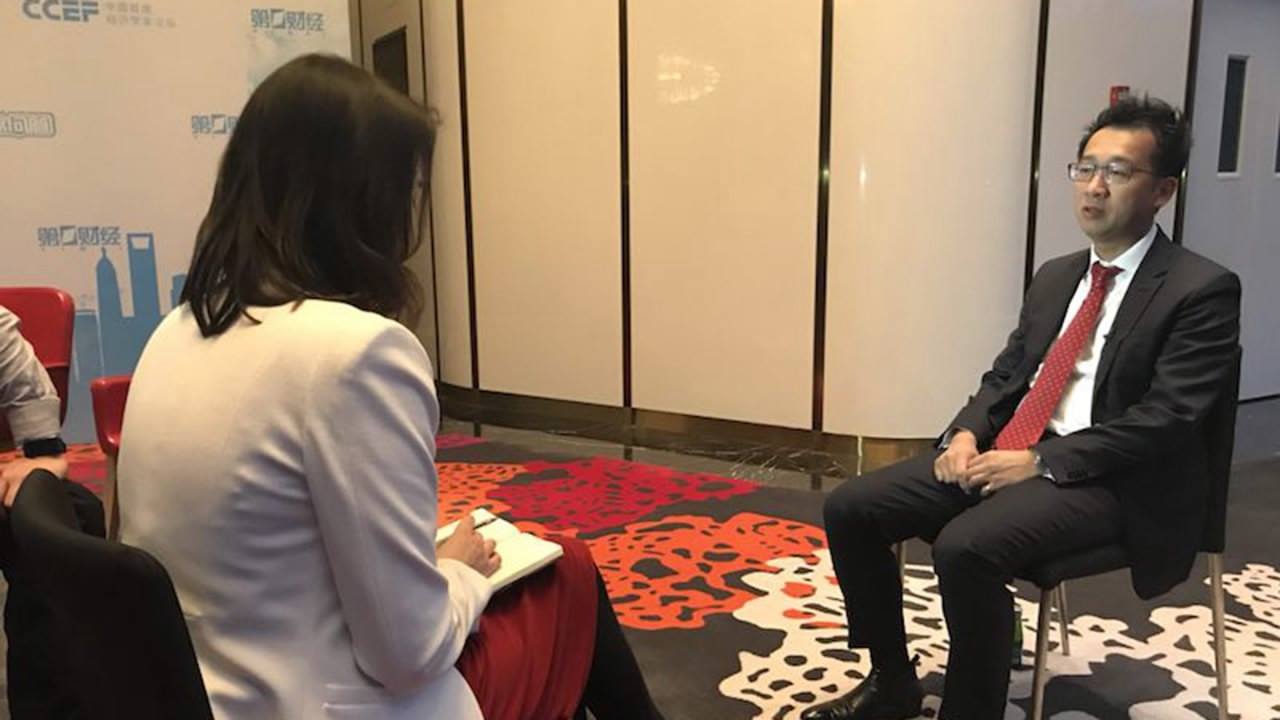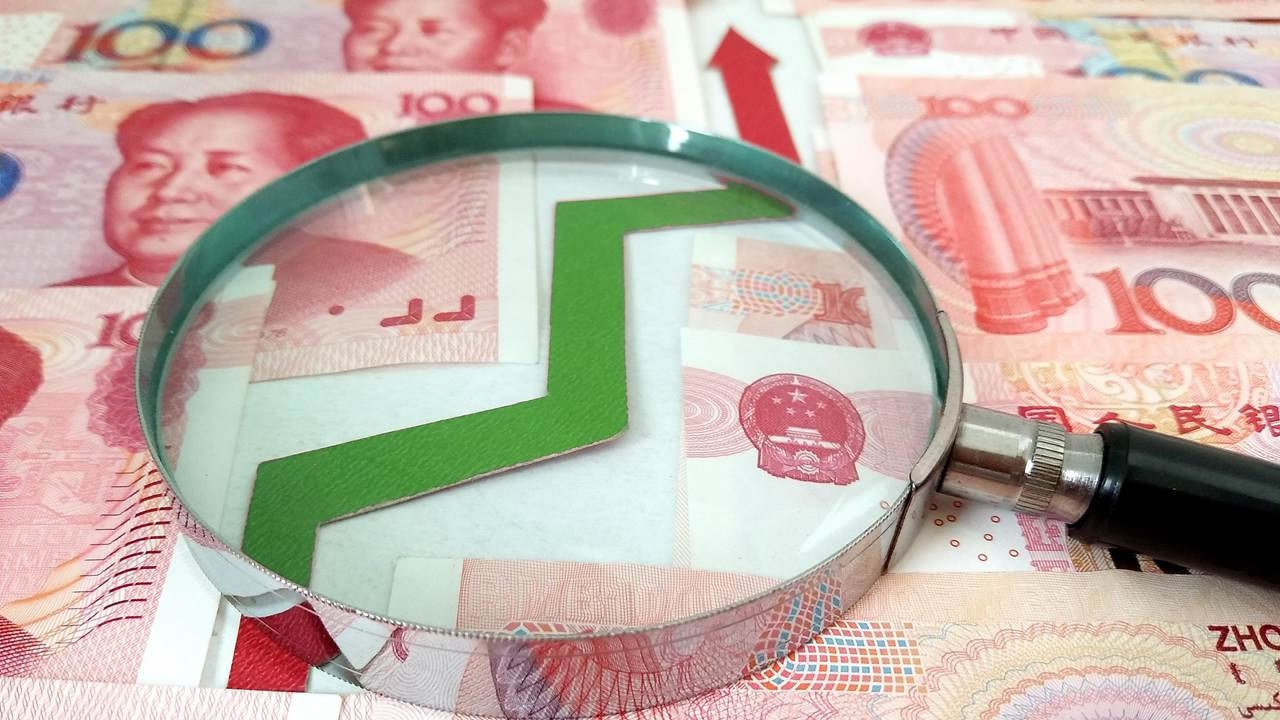
Opinions
20:36, 19-Jan-2018
China EconTalk: Biggest risk for China’s economy
By CGTN’s Wang Yue

Editor’s note: Hong Hao, chief economist of BOCOM International, shares his insights with CGTN. Hong says that the biggest risk for China’s economy is stopping deleveraging right now.
Global equity markets made a good start in 2018. The US and Nikki are making new highs continually, while Shanghai Index also put out some good performance. “China’s equity market has improved substantially,” commented by Hong Hao, chief economist of BOCOM International.
And regulation is tightening. China's financial authorities recently published new rules to regulate bond trading, with a focus on restricting leverage and banning under-the-table deals designed to skirt regulations. From Hong’s perspective, regulation will make the equity market healthier.

Reporter Wang Lihuan speaks to Hong Hao, chief economist of BOCOM International. /ICS Photo
Reporter Wang Lihuan speaks to Hong Hao, chief economist of BOCOM International. /ICS Photo
“I think in general, for smaller retail investors, it creates a more constructive environment for them to invest,” Hong says positively. “And also, because of the IPO listing accounting check is more restricted, it makes it harder to use fraudulent accounting numbers to put your company on IPO, and it makes it harder for company’s large shareholders to liquidate the portfolio soon after the IPO. I think in general, the environment has improved substantially.”
The biggest highlight for China’s equity market last year is the MSCI inclusion. But in Hong’s opinion, that inclusion has more impact on sentiment. “It’s cheeky. It’s not necessary that once it’s included, then people will just have to buy into the domestic Chinese market,” he said.
“Because the initial inclusion is very small, and because of the size of the inclusion, global fund manager can choose not to allocate any funding into the A-share environment. So if the A-share market is not doing well and you don’t have any weight in this index, then overall your portfolio is going to outperform the underlined benchmark.”

VCG Photo
VCG Photo
In addition, Hong suggests that space should be left for global investors to “get used to domestic investing or the speculative environment,” as they seek for “other positive ingredient to push the market higher.”
As for this year, what’s the biggest risk for China’s economy?
Hong says that the biggest risk is to stop deleveraging “because the economy is moderating and the risk is rising.”
“I would say, to me, the biggest risk is because of our fear of systematic risk, we stop deleveraging. We basically stop pushing forward the deleveraging program that we initiated since 2106. And so if we don’t continue to deleverage the system that’s heavily indebted, the problem is that you are going to deal with a bigger mess down the road,” Hong adds.

SITEMAP
Copyright © 2018 CGTN. Beijing ICP prepared NO.16065310-3
Copyright © 2018 CGTN. Beijing ICP prepared NO.16065310-3